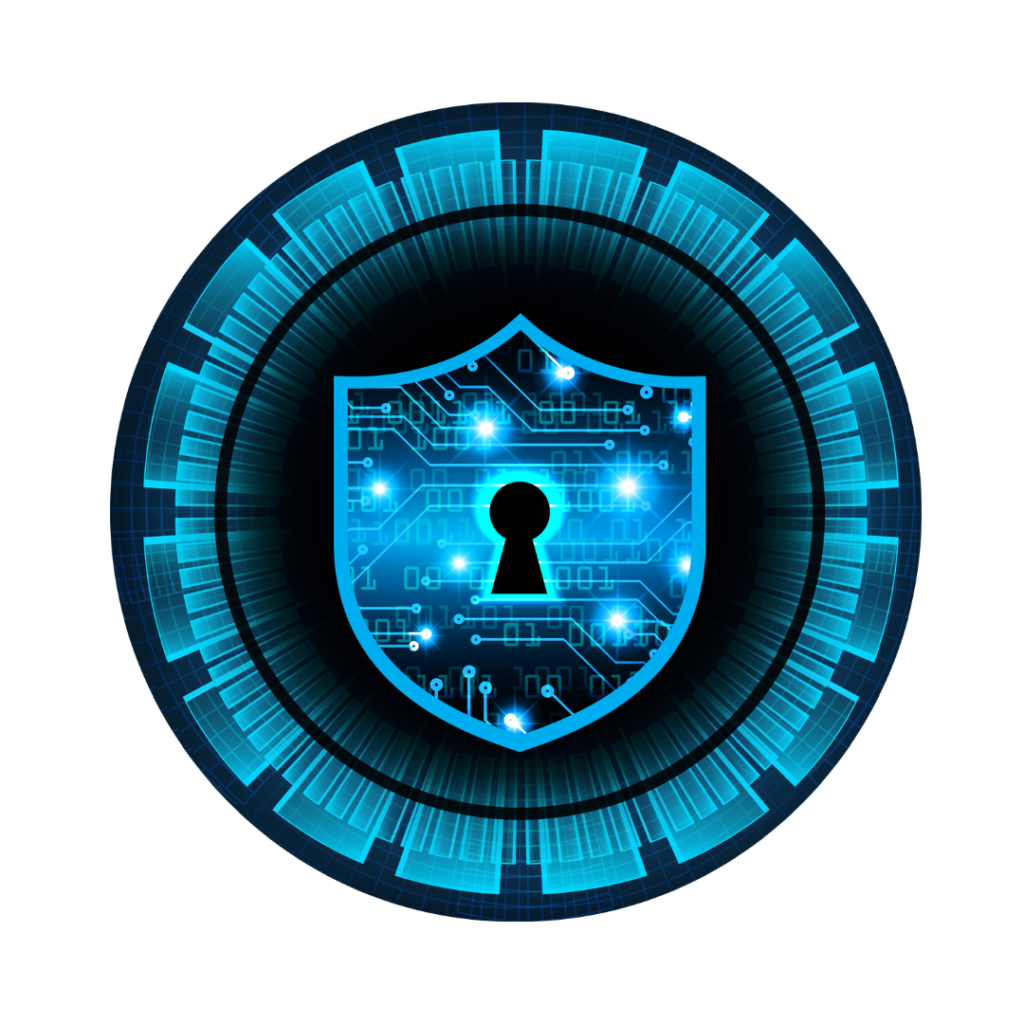In today’s digital world, cyber attacks are nothing new. October is Cybersecurity Awareness Month, but good cyber standards should be practiced year-round.

Cyber criminals can attack on many levels, from large-scale attacks targeting corporations to smaller phishing attacks aimed at pivoting to other organizations or gaining access to an individual’s personal information. When we hear about massive data breaches, it can feel overwhelming and lead us to think we’re powerless as individuals to stop cyber criminals. The truth is, we all have a part to play in cybersecurity, and there are several practical steps we can take to safeguard our devices and data. Here are five easy ways to boost your cybersecurity:
- Use strong passwords or pass phrases. Did you know the most common password of 2023 is 123456? Using simple, predictable passwords like this is never a good idea. The strongest passwords meet the following criteria: 12-15 characters, including numbers, special characters and lowercase and uppercase letters. If you struggle with remembering passwords, try using a password manager or password phrases such as song titles, memorable quotes or word combinations that are easy to remember.
- Enable multifactor authentication across all accounts and devices. Multifactor authentication decreases the likelihood of a breach by adding an additional form of authentication. So, if your password is hacked or stolen, the bad actor still has a hurdle to overcome to access your data.
- Recognize and report phishing. You’ve likely received an email with urgent language and a myriad of typos and grammatical errors saying you need to “update your payment information” or “make a payment immediately”. Emails like this are typically phishing scams. Legitimate businesses will not email or text with a link to update your payment information.
- Stay protected while connected. Whatever the network device, the best defense against viruses and malware is to update to the latest security software, web browser and operating systems. Sign up for automatic updates if possible and protect your devices with anti-virus software. Another way to stay safe while connected to outside networks is to use a virtual private network, or VPN.
- Secure your network against cyber threats. Computers, smartphones, TVs, thermostats, doorbells––the list of internet-connected devices is ever-growing! Securing your modem, router and Wi-Fi by changing the default password can keep your home network safe from cyber threats. Most router companies put their default passwords on the web in case you lose the paperwork. Change the default password to make it difficult to access your router or Wi-Fi.
Cyber criminals are here to stay, but when we all take a risk-based approach to our cyber behavior, we’re creating a safer internet for all.
